Opportunities for affirmation from new directions
In the context of limited investment resources for high-performance sports , which cannot be spread across the Olympic and ASIAD competition programs, the promotion of socialization has opened up opportunities for sports that were once considered “marginal” to now have the conditions to develop more strongly. Investment in this group of sports has the main resources from businesses, associations and dedicated individuals.
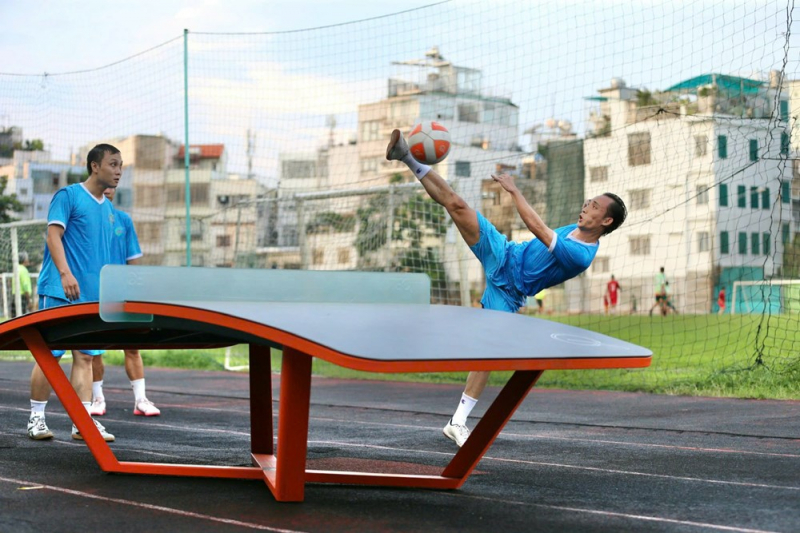
According to the preliminary list registered by Vietnamese sports with the 33rd SEA Games Organizing Committee, the group of socialized sports includes: Skateboarding, Ice Skating, Bowling, Mixed Martial Arts (MMA), Baseball, Sport Climbing, Teqball (a sport using the feet, head and chest to pass the ball over the net), Electronic Sports (e-Sports), Tug of War and Jetski (jet skiing). These are all sports that have been and are being developed in Vietnam, including new sports, appearing for the first time in the regional arena such as MMA, Teqball.
Among these, Vietnam e-Sports is showing its ability to quickly integrate into the regional competition system. The participation of sponsors, game publishers and domestic professional tournament systems helps athletes have the opportunity to compete internationally continuously. The Vietnam Entertainment e-Sports Association will send 60 officials, coaches and athletes to participate in the 33rd SEA Games in esports. The goal of Vietnam e-Sports is 1 gold medal, 2 silver medals, 3 bronze medals, and at the same time consolidate its position in the region.
Bowling, although not yet receiving major investment, still maintains a stable force thanks to private clubs in Hanoi and Ho Chi Minh City maintaining activities and organizing amateur tournaments to nurture young forces.
In Sport Climbing, the movement is growing strongly among urban youth. Private gyms are being established in many big cities, becoming an abundant source of athletes for the national team. Sport Climbing being brought back to the 33rd SEA Games is also a driving force for this sport to receive greater attention. This is understandable after Indonesia - a country in Southeast Asia won the Gold Medal in Sport Climbing at the 2024 Olympics.
Meanwhile, MMA is also making steady progress in the Vietnamese competition system. SEA Games 33 will be the first time MMA is present, in which the Vietnamese MMA team participates in all competitions. The professional training program has been systematically developed by the Vietnam MMA Federation, entirely from the Federation's own funds as well as mobilized funds. 6 Vietnamese MMA fighters (3 men, 3 women) participating in this tournament aim to win 1 gold medal.
According to coaches, the valuable thing about socialized sports is their high autonomy, with training, equipment, playgrounds and competition funding coming mainly from society, while the state management role focuses on orientation, system organization and professional quality control.
Obviously, the Vietnamese sports teams participating in the 33rd SEA Games under the form of socialization do not only participate to compete, "for fun", but also have specific medal goals, even set the goal of winning gold. That is something worth noting in these teams to clearly see the position of the above sports in the high-performance sports system of Vietnam.
Lessons from Indonesia and opening directions for Vietnam
If viewed in the right direction, these sports are not only "satellites" of key sports but also an environment to create jobs, create playgrounds and encourage businesses to accompany athletes. Some localities such as Hanoi, Ho Chi Minh City, Da Nang have included the socialization model in the new phase of sports development planning, in which priority is given to sports that can self-exploit funds and have community appeal. For the sports industry, having a clear investment orientation for these sports can also open up opportunities in major playgrounds such as the Olympics or ASIAD.
The case of Indonesia investing in Sport Climbing is a notable example. From the socialized model, this country has been successful when athletes are strongly supported by businesses and federations. The coordination between the state and private sector helps them own international standard training centers and athletes of world-class level.
The highlight was at the 2024 Paris Olympics, when Indonesian athlete Veddriq Leonardo won the gold medal in the men's speed climbing event, bringing home the first Olympic gold medal in the history of this sport in Indonesia. That success came from a methodical strategy: choosing a sport with strengths, attracting social investment and building a domestic tournament system linked to commercialization.
It should also be noted that Indonesia has developed Sport Climbing for decades. Therefore, at the 2011 SEA Games in Indonesia, Sport Climbing was included in the competition program. When this sport was included in the Olympic competition program, from the 2021 Tokyo Olympics, it demonstrated the vision of Indonesian sports managers.
Even though no athlete won a medal in Sport Climbing at the Tokyo Olympics, Indonesia still ranked Sport Climbing as a key sport along with badminton and weightlifting. The Indonesian sports management department gave detailed instructions to each locality on how to develop key sports, including Sport Climbing. And the gold medal at the 2024 Olympics proved the right direction for Indonesian sports.
That success is clear proof that, if socialization goes in the right direction, sports can completely develop sustainably without depending entirely on the budget.
In Vietnam, the sport climbing movement is also expanding rapidly, especially in Hanoi, Ho Chi Minh City, Da Nang and Nha Trang. Many international standard gyms, with foreign coaches, have appeared in the last 2-3 years. At the 33rd SEA Games, the Vietnam Sport Climbing team was also led by an American coach.
From the experience of Indonesia, it can be seen that socialization is not only a supplementary solution but also an inevitable direction in the development of modern sports. This is also a way for Vietnam to expand its opportunities to win medals at the Olympics and ASIAD instead of just relying on a few traditional key sports.
Participation in the 33rd SEA Games or the following SEA Games will only be a stepping stone towards further goals of Vietnam's high-performance sports. Therefore, the expectation of the Vietnamese sports delegation at the 33rd SEA Games with socialized sports does not stop at medals and the ability to deeply integrate into the international sports community, but also a springboard for the next steps of development.
As many experts have commented, it is necessary to have specific assessments of the development potential of these sports in important international arenas for Vietnamese sports such as SEA Games, ASIAD, and the Olympics. At the macro level, the development of socialized sports needs to be placed in the Vietnam Sports Development Strategy to 2030, with a vision to 2050. In particular, the role of localities, businesses and social organizations must be more clearly institutionalized from policies to attract sponsorship and tax incentives for businesses investing in sports.
If implemented synchronously, this will be a new driving force for our country's sports in both developing the movement and expanding peak achievements, while affirming the organizational capacity and social appeal of Vietnamese sports.
Building a mechanism for socialized subjects
According to the Ministry of Culture, Sports and Tourism, socialized sports not only bring international competition opportunities but also create a vibrant sports environment, helping to mobilize resources from businesses and people. The Ministry of Culture, Sports and Tourism is building an incentive mechanism for localities, federations and businesses to participate in investment. (Minh Khue)
Source: https://cand.com.vn/the-thao/ky-vong-tu-nhung-mon-the-thao-xa-hoi-hoa-du-sea-games-33-i785492/


![[Photo] Da Nang: Shock forces protect people's lives and property from natural disasters](https://vphoto.vietnam.vn/thumb/1200x675/vietnam/resource/IMAGE/2025/10/22/1761145662726_ndo_tr_z7144555003331-7912dd3d47479764c3df11043a705f22-3095-jpg.webp)
![[Photo] General Secretary To Lam and his wife begin their official visit to Bulgaria](https://vphoto.vietnam.vn/thumb/1200x675/vietnam/resource/IMAGE/2025/10/23/1761174468226_tbtpn5-jpg.webp)
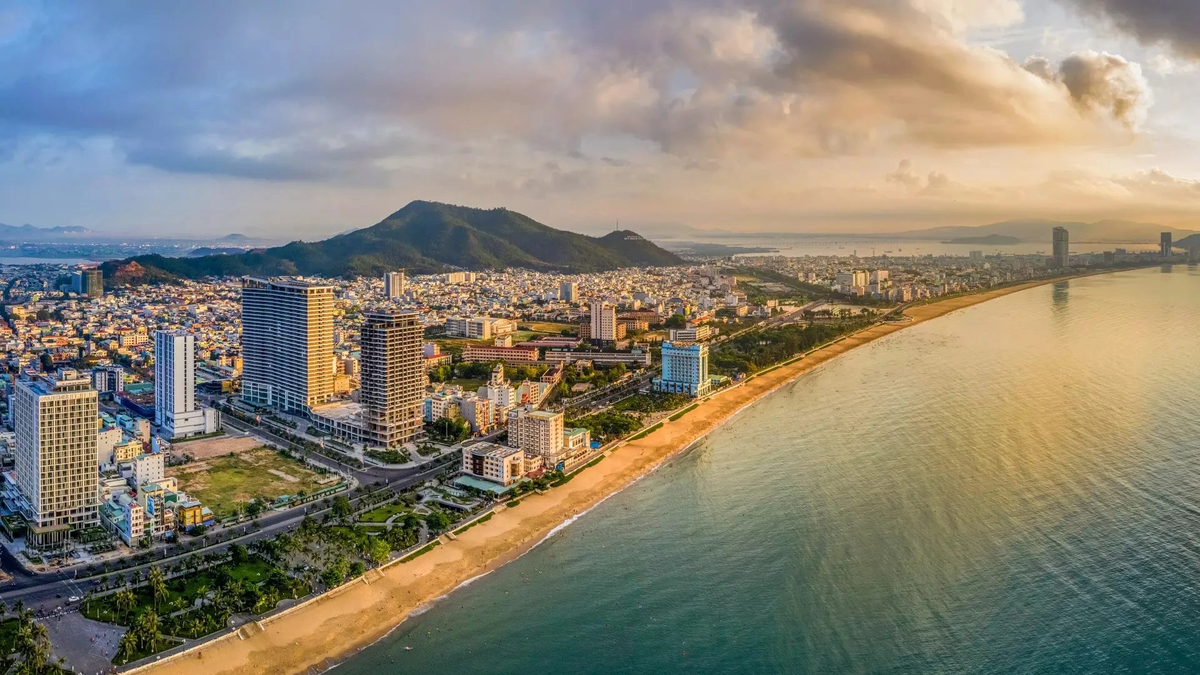

![[Photo] Award Ceremony of the Political Contest on Protecting the Party's Ideological Foundation](https://vphoto.vietnam.vn/thumb/1200x675/vietnam/resource/IMAGE/2025/10/22/1761151665557_giaia-jpg.webp)
![[Photo] Comrade Nguyen Duy Ngoc visited and worked at SITRA Innovation Fund and ICEYE Space Technology Company](https://vphoto.vietnam.vn/thumb/1200x675/vietnam/resource/IMAGE/2025/10/23/1761174470916_dcngoc1-jpg.webp)
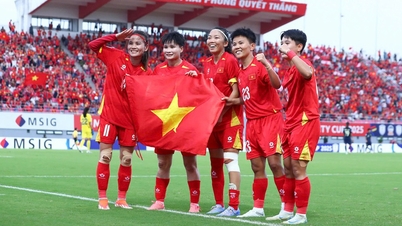



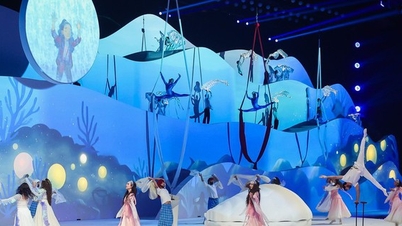

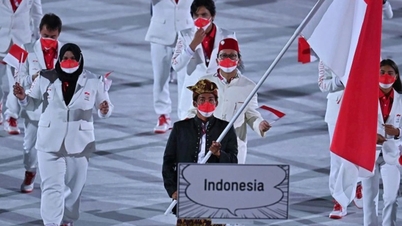

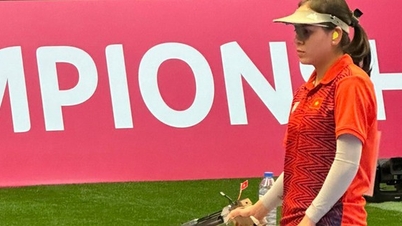






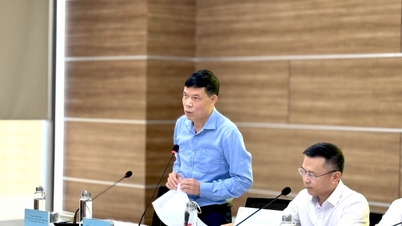
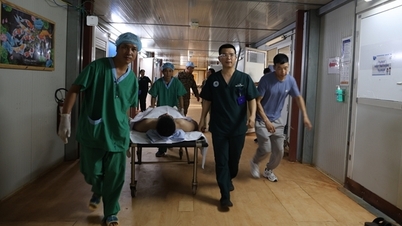
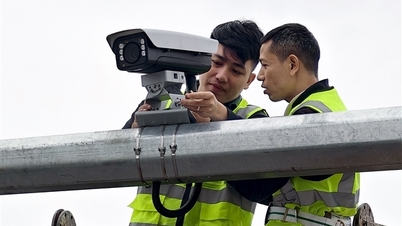
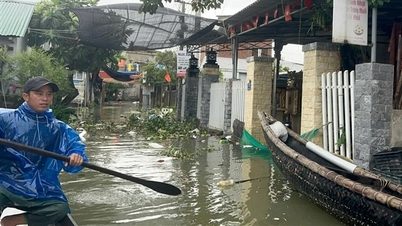




















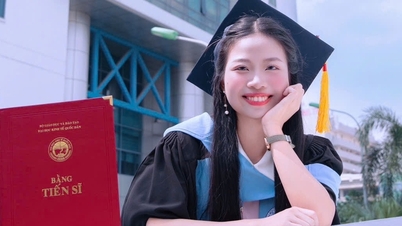
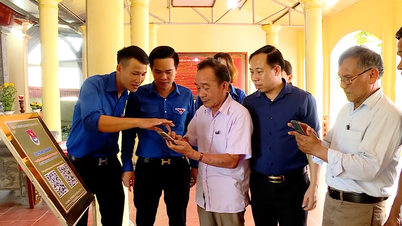






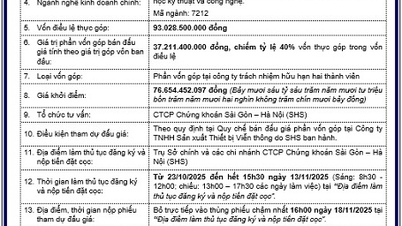
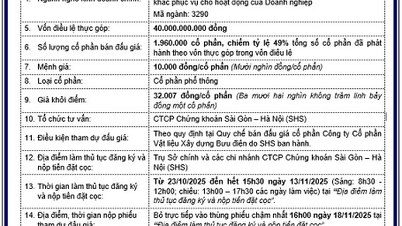








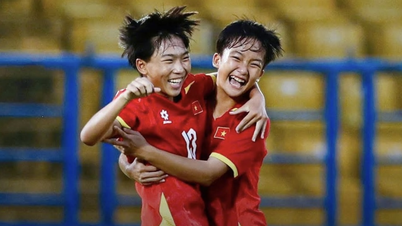
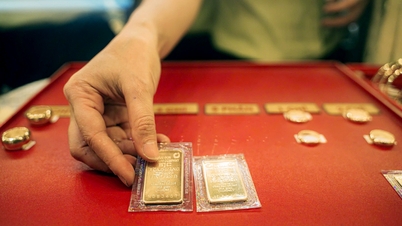


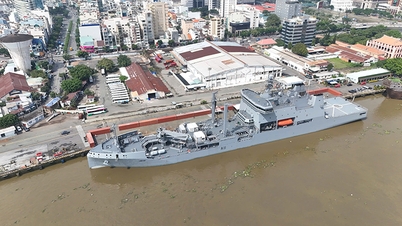

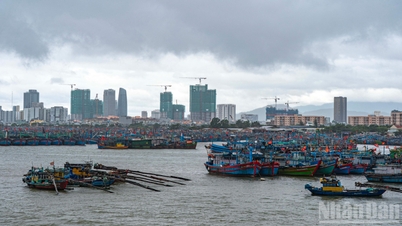

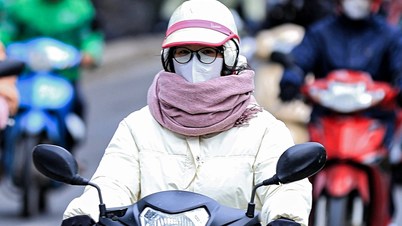
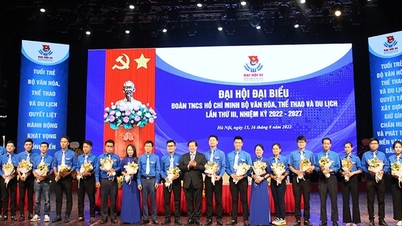

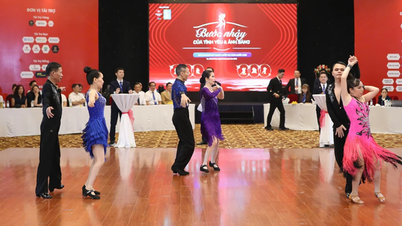
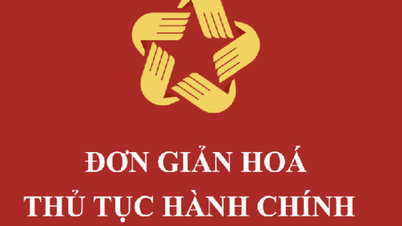
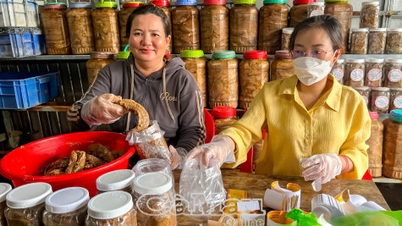

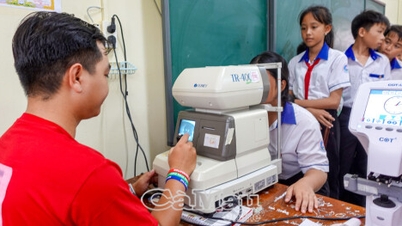


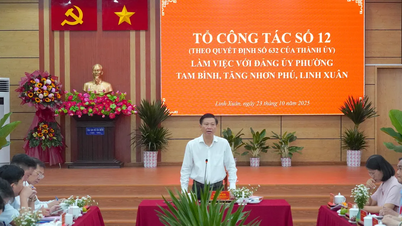

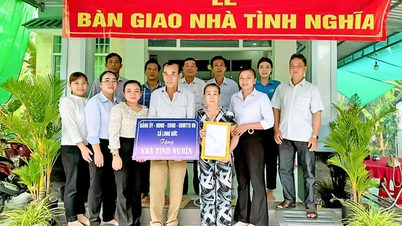

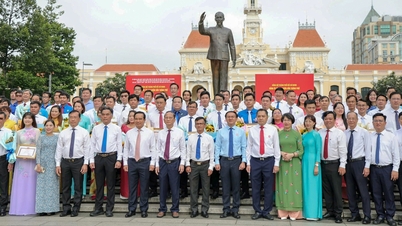
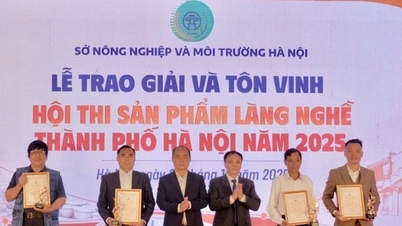










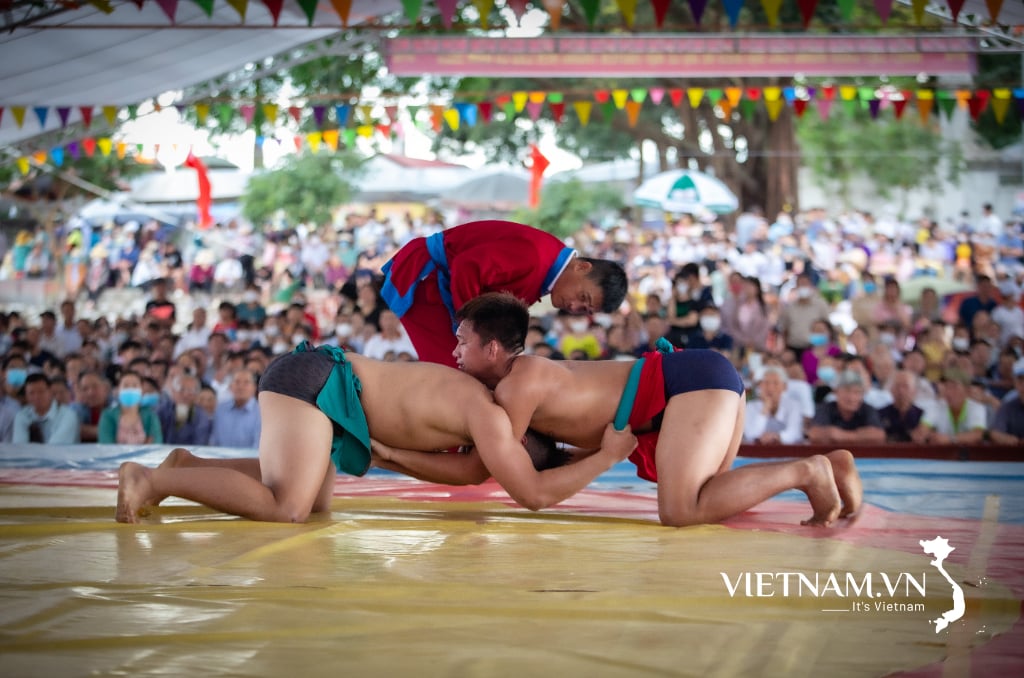

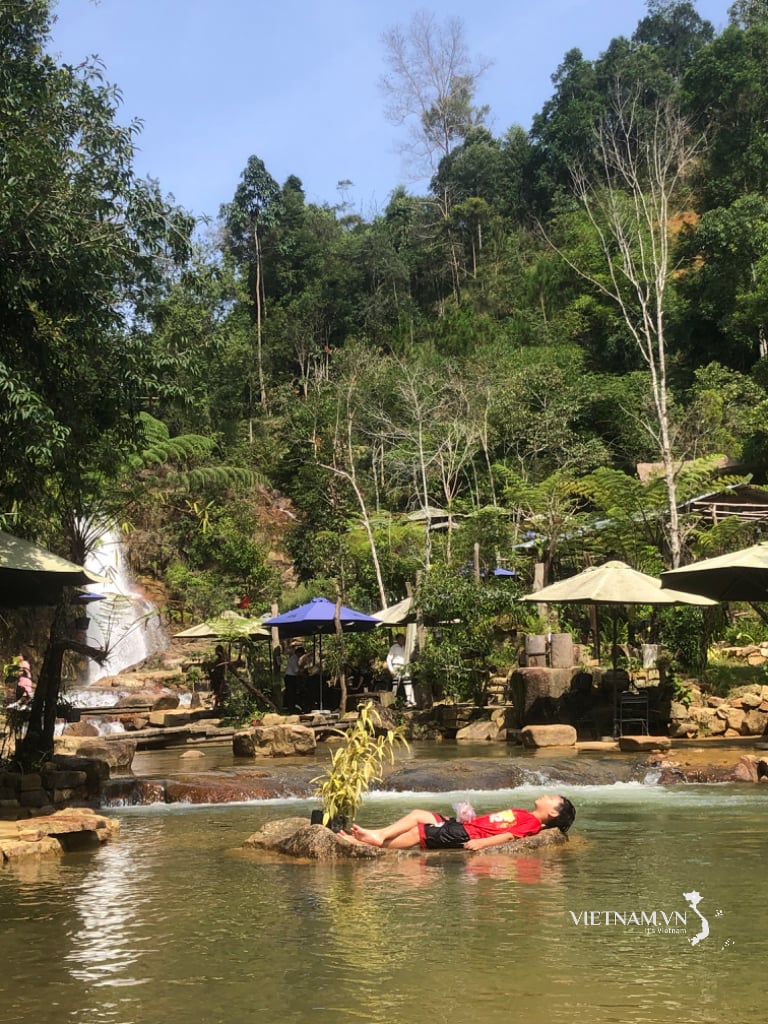

Comment (0)